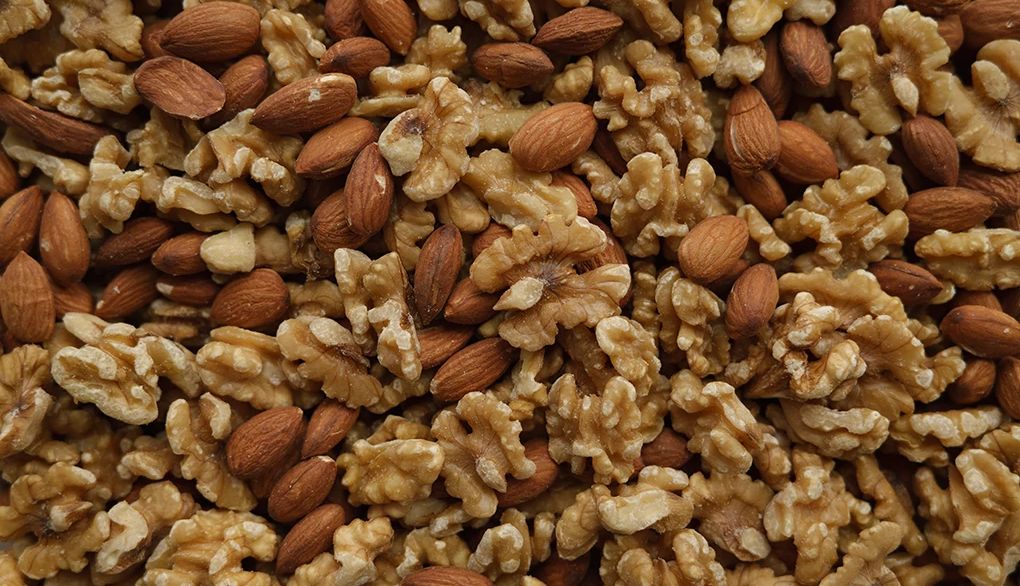Challenges


Our brains thrive on a diet rich in seafood, fruits, vegetables, nuts and whole grains. But which vitamins, minerals and other nutrients give such foods their superpowers?
Scientists have identified some strong contenders.
But before you rush off to the supplement aisle to load up on pills and powders, take heed: For most people, “the best way to get your nutrients for brain health is from a healthy diet,” according to a 2019 report from AARP’s Global Council on Brain Health. The council says supplements have not been proven to provide the same benefits. And yet 21 percent of adults 50 and older surveyed by AARP in 2021 said they took supplements for their brains.
While supplements may have a place for people with nutritional deficiencies that are confirmed by testing, it’s usually better to find foods you enjoy among the “hundreds of really delicious brain-healthy foods,” says Nancy Emerson Lombardo, an adjunct research assistant professor of neurology at Boston University School of Medicine.
Research suggests that these are some of the key brain-boosting nutrients found in foods.
1. Vitamin E
Vitamin E is an important antioxidant that can help protect brain cells from damage. In one research review that included 15 studies with more than 50,000 older adults, those consuming high amounts of vitamin E through diet or supplements had significantly lower dementia rates than those with lower intakes. But beware: The researchers, writing in Frontiers in Aging Neuroscience in 2022, noted that high doses of vitamin E supplements can be toxic. Among the risks: serious brain bleeding, especially in people taking blood-thinning medications.
Foods with vitamin E are completely safe, though. To get more vitamin E in your diet, try sunflower and safflower oils; peanuts; almonds; sunflower seeds; and green vegetables, such as spinach and broccoli.
2. Vitamin D
Some studies link memory loss to low vitamin D levels. Adults between the ages of 55 and 69 who were deficient in vitamin D were 25 percent more likely to develop all-cause dementia than those with normal levels, according to a study published in The American Journal of Clinical Nutrition in 2024 that followed 269,229 participants for an average of 14 years.
You can get vitamin D through foods and drinks, such as salmon, tuna, eggs, fortified milk and orange juice — though many people struggle to get enough. Another option — which some scientists support and others discourage, because of skin cancer risks — is boosting vitamin D production with intentional sun exposure (with amounts varying depending on your skin tone, the season and your geographic location). It’s not clear whether taking supplements to fill any remaining gap has brain benefits.
Still, getting your levels checked can be worthwhile. If your levels are low, a supplement might have other benefits, including stronger bones.














More From Staying Sharp
The Connection Between Seafood and Brain Health
Explore the potential benefits of seafood consumption for cognitive health
Vitamin D and Your Brain's Health
Learn how vitamin D affects your brain and how to get enough
Reel in Some Seafood!
Aim for two servings a week